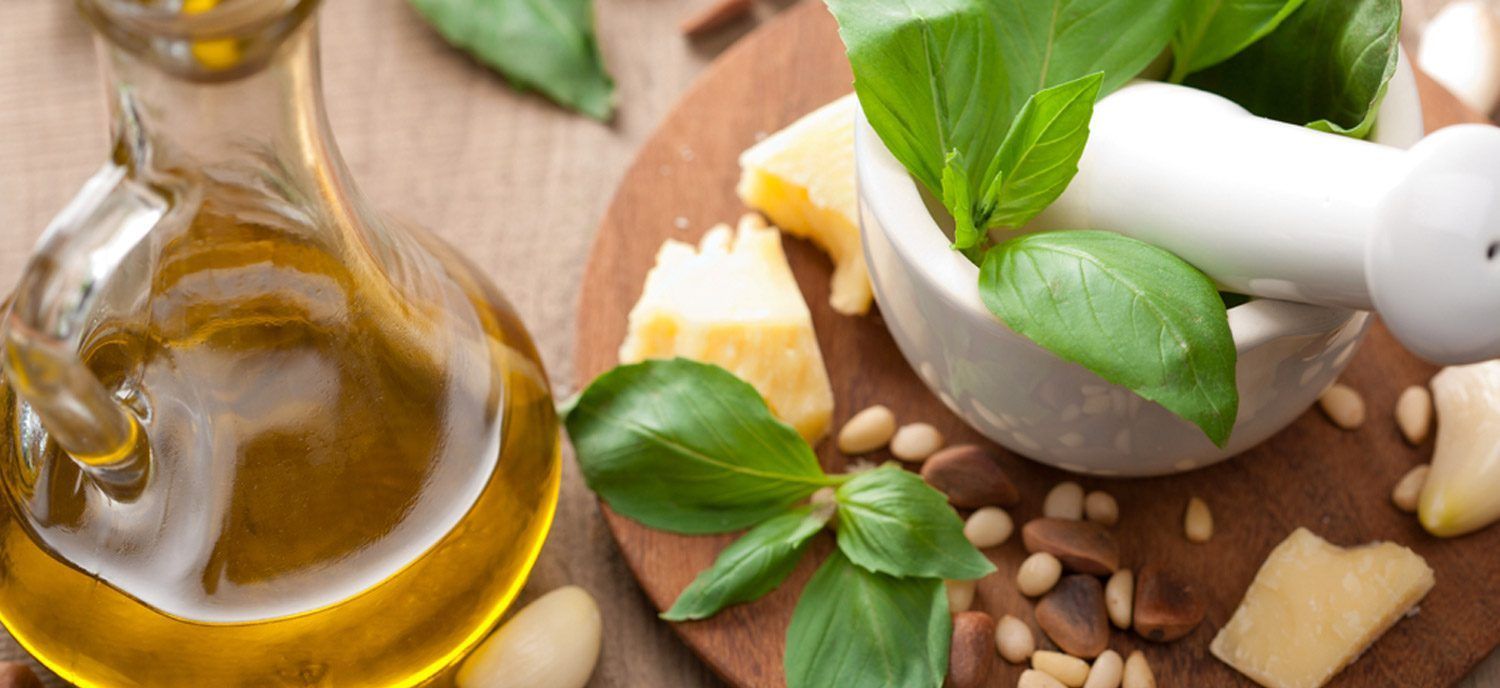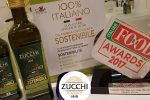10 April 2015
Not just dried fruit and green tea: extra virgin olive oil also contains antioxidants and polyphenols. These precious substances, together with oleic acid and a wide range of vitamins (in particular A and E), make extra virgin olive oil a natural panacea, rich in benefits for the whole body. Something, which for years was only dictated by common sense, has now become a scientific truth: extra virgin olive oil is good for you.
Following the discoveries of Ancel Keys – the American biologist who demonstrated the health benefits of a Mediterranean diet – increasing numbers of nutritionists have started considering extra virgin olive oil not just as a foodstuff, but also as a true nutraceutical. This term, created from the combination of “nutrition” and “pharmaceutical”, identifies foodstuffs that provide the body with both good nutrients and energy, but also precious substances able to help prevent a variety of illnesses.
“Olive oil polyphenols contribute to the protection of blood lipids from oxidative stress”. Leaving aside how unappealing these words are, the wording approved by the European Union – and part of the EU Regulation 432/2012 – is the official recognition of the nutraceutical value of extra virgin olive oil. Put more simply, it is a way of reminding the consumer of the beneficial properties of extra virgin olive oil fats.
But let’s go back a step and understand why extra virgin olive oil is so beneficial to our health. Largely it is due to the polyphenols; antioxidants that slowdown the ageing of the oil and of the human body, inhibiting the oxidation of fatty acids. Produced by our body and by fruit and vegetable plants, polyphenols help prevent some forms of cancer by fighting free radicals, a contributing factor to cancer. However, polyphenols are not just antioxidants: they influence the taste of extra virgin olive oil, giving it its valued bitter notes.
There are so many benefits and they are so varied that this subject would need a separate discussion, however, we can’t leave it there without mentioning another two important substances: oleic acid and vitamin E. The former is a monounsaturated fat which helps keep the arteries elastic, thus contributing to reducing the risk of heart disease and the level of the bad type of cholesterol (LDL). Vitamin E, on the other hand, fights free radicals, restoring the natural gloss and strength of both skin and hair.
It is for all these reasons that olive oil has been used for centuries for medicinal purposes, as a beauty cream, as well as, naturally, as a condiment, making any dish tastier.






